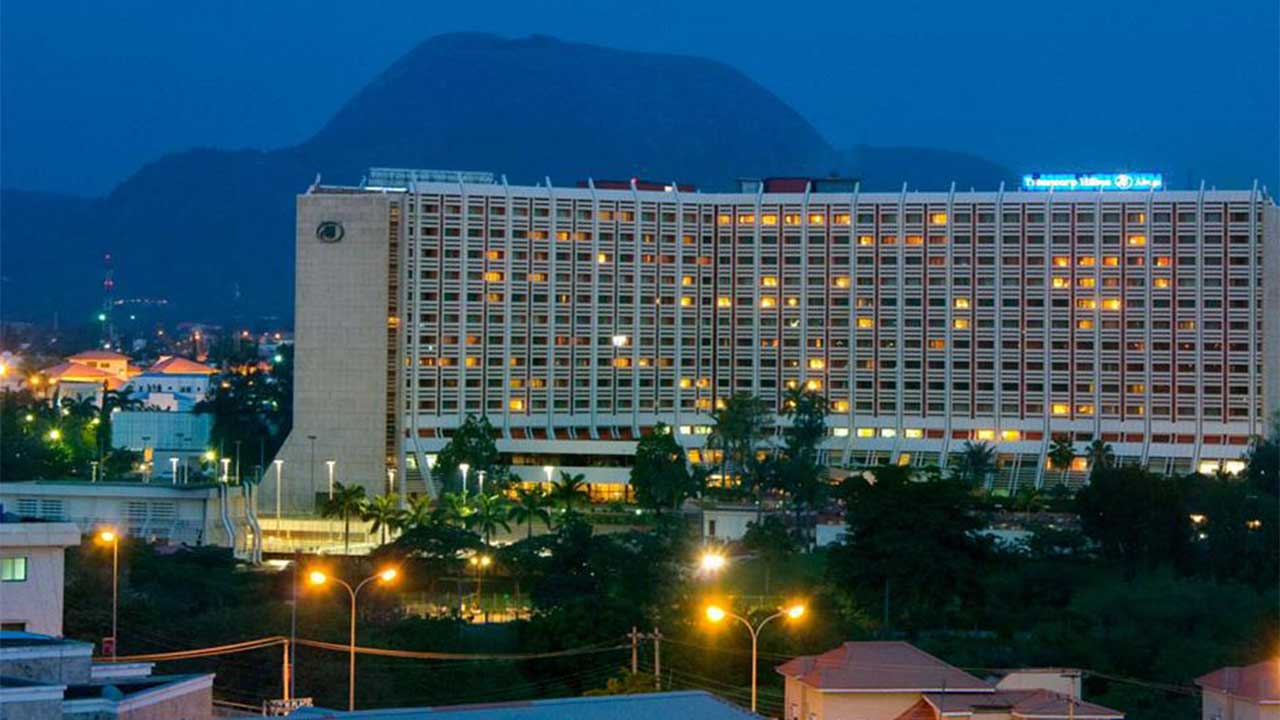- Petrol Price Template Crumbles
The Petroleum Products Pricing Regulatory Agency (PPPRA), which controls the cost of petrol in the country, is in disarray and this is disrupting the implementation of the existing pricing template.
The disruption in the system is caused by a lack of mechanism for a quarterly price adjustment, absence of a board and failure by government to appoint a substantive executive secretary. It was learnt that these factors have contributed more to the collapse of the pricing template than the lack of forex for fuel imports. The current open market price of petrol is above the N145 per litre.
The rising cost of crude oil in the international market has renewed pressure on government to increase the pump price as subsidy is staging a gradual comeback. The Nigeria National Petroleum Corporation (NNPC) has almost become the last resort in the supply chain following the inability of independent marketers to access foreign exchange for fuel imports.
According to a Guardian report, scarcity is imminent and pump prices set to rise as marketers failed to repay their $1 billion debts with commercial banks. Government abruptly halted the subsidy regime without paying for previous imports as agreed with the PPPRA. Consequently, the fuel import loans contracted from 2014 incurred additional N160 billion, approximately $500,000 as interest.
The General Secretary of the Nigeria Labour Congress (NLC), Dr. Peter Ozo-Eson, said a lack of a properly instituted modulation scheme would continually lead to price increase.
“Any modulation scheme that is based on import will always lead to consistent price increment,” he said, urging government to build fund from crude oil savings to ensure that modulation is done.
He said the Ibrahim Mantu committee indeed recommended the modulation scheme in 2005 and how it should be operated but that the Olusegun Obasanjo government opted for Petroleum Support Fund.
While a board has been announced for the agency, it is yet to be inaugurated which has made the review of petrol price modulation for the sector impossible.
This has also rendered the Acting Executive Secretary of the Agency, Victor Shidok confused as he has not appointed a substantive general manager, operations, because he is not sure whether he will return to the position or not.
This development has led Mr. Olasupo Agbaje to combine both Operations and Corporate Services Departments, which is seen as detrimental to the functionality of the organisation.
The Chairman, Petroleum Downstream Sector, Ken Abazie, said though PPPRA may not have released another guide for the industry, the available template, which was released in May last year, had made provision for variance and movement that may affect petrol price.
According to Abazie, the current template for petrol would still allow marketers to import and make profit. “But if marketers continue to get forex either from the parallel market or black market, the price of petrol may soon be above the common man,” he added.
The Executive Secretary of Major Oil Marketers Association, Thomas Olawore, said that many marketers were no longer working on the template as they had stopped the importation of petroleum product for a long time.
“What we do now is to rely on NNPC for product due to the high cost of sourcing foreign exchange. It is true there is a major difference between the landing cost of petrol and the regulated price; we don’t know how NNPC is coping with the difference. For now, we depend on NNPC,” he said.
The NNPC yesterday said its Port Harcourt, Warri and Kaduna refineries were expected to pump about 5.3 million litres of kerosene into the market as the three refineries resumed operations.
In an exclusive interview with in Abuja, the Managing Director of the Nigerian Product Marketing Company (NPMC), Farouk Ahmed, said the Warri and Port Harcourt refineries had resumed production while Kaduna refinery was also expected to come on stream.
“Port Harcourt refinery is producing between 2.2 and 2.3 million litres per day, Warri is also producing the same while Kaduna is producing 700,000 litres per day,” he said.
“All the production in the country comes to a total of 5.3 million litres per day and would henceforth be pumped into the system within the next few days on daily basis.”
Confirming the resumption, the Group General Manager, Group Public Affairs Division of the NNPC, Ndu Ngamadu, in a statement quoted the Managing Director of the Warri Refining and Petrochemical Company (WRPC), Solomon Ladenegan, as saying Warri Refinery had been doing well since the Crude Distillation Unit (CDU) was revved up last Saturday.
According to him, the plant now refines two million litres of kerosene and three million litres of diesel daily.
“This morning, we have pumped the products to PPMC and they have started loading. They are going to load up to one million litres of DPK and AGO. The products are there in the tank and we are doing everything to get them to the market,” Ladenegan disclosed.
Also, the Managing Director of the Paort Harcourt Refining Company (PHRC), Dr. Bafred Enjugu, said Port Harcourt Refinery was producing three million litres of AGO daily, in addition to millions of DPK being churned out by the refinery daily.
While the question of potential scarcity rages, the Nigeria Union of Petroleum and Natural Gas Workers (NUPENG), which began a three-day warning, strike called it off the same day.
At the end of the emergency National Executive Council (NEC) meeting in Abuja on Tuesday, the President of NUPENG, Igwe Achese, said the warning strike was intended to draw government attention to the massive termination of appointments of workers in the oil and gas sector as a result of divestment of assets and disobedience to labour laws by International Oil Companies (IOCs).


 Forex3 weeks ago
Forex3 weeks ago


 Naira2 weeks ago
Naira2 weeks ago
 Billionaire Watch2 weeks ago
Billionaire Watch2 weeks ago




 Naira2 weeks ago
Naira2 weeks ago




 Naira4 weeks ago
Naira4 weeks ago




 Naira2 weeks ago
Naira2 weeks ago


 Naira1 week ago
Naira1 week ago
 Banking Sector4 weeks ago
Banking Sector4 weeks ago





















